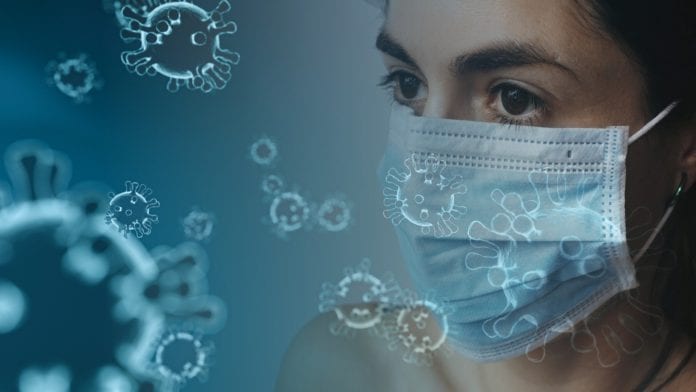There have been a further 13 deaths associated with COVID-19 and a further 970 new cases confirmed by the Department of Health today.
Of the cases reported today, 40 are in Galway. The 14-day incidence rate in the county is now 64.3 cases per 100,000 population, still at the lower end of the scales nationally.
The worst affected counties in today’s number are Dublin (348), Limerick (60), Cork (59), Wexford (59), and Louth (55).
There have now been a total of 2,171 deaths in Ireland related to COVID-19, and there have been 81,228 confirmed cases since the start of the pandemic.
Validation of data at the HPSC has resulted in the denotification of 9 confirmed cases, which is reflected in the national total.
The COVID-19 Dashboard provides up-to-date information on the key indicators of COVID-19 in the community.
As of 2pm today, 238 COVID-19 patients are hospitalised in Ireland, of which 28 are in ICU. There have been 23 additional hospitalisations in the past 24 hours.
Chief Medical Officer Dr Tony Holohan said that the current trajectory of the disease is of “grave concern” with case levels more than doubling in the past week.
“In the last seven days to midnight Monday, we have reported 4,478 cases, an increase of more than 110% over the preceding week.
“In the last 5 days, we have seen extraordinary growth in the incidence of the virus across the country, significantly increasing the level of risk associated with the kind of inter-generational mixing that is normally experienced over the Christmas holidays.
“To protect ourselves, our families and our vulnerable loved ones in particular, further economic and social restrictions will begin to be introduced from Christmas Eve.
“It is up to each one of us to rethink our plans for this Christmas period, especially when it comes to visiting older or more medically vulnerable family members and friends.
It has been confirmed today that Ireland will be going back into Level 5 before the new year, with the first restrictions on hospitality and non-essential services coming into effect on Christmas Eve.
More tightening of restrictions will follow after St. Stephen’s Day and up to January 1.
Dr Holohan added that there is “cause for hope” with the approval of the first coronavirus vaccine by the EU Commission yesterday, which means our vaccination programme can soon begin.
“However, widespread vaccination of the population will take time, so we need to continue to adhere to the public health advice”.
This means paying attention to hand washing keeping a two metre distance, and reducing social contacts for the duration of Level 5 he said.
“By working together we can reduce the spread of COVID-19 and safeguard our schools and our hospitals.”












